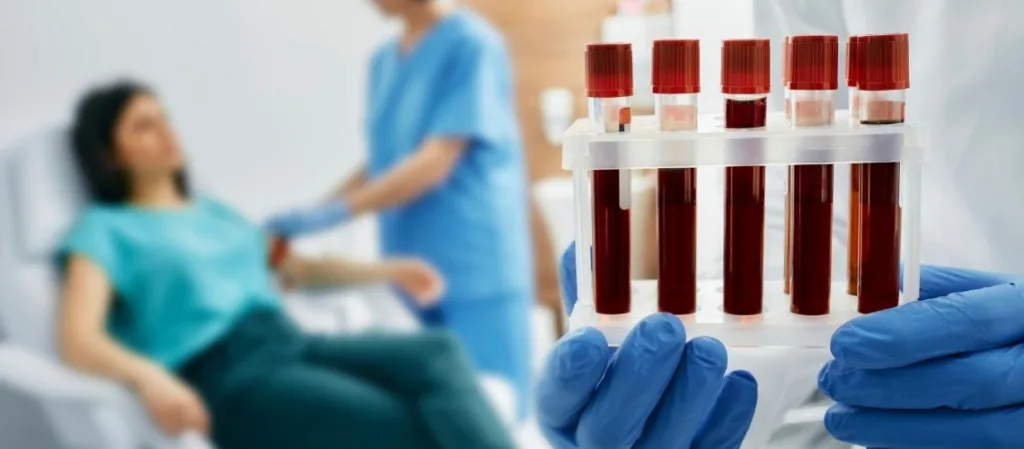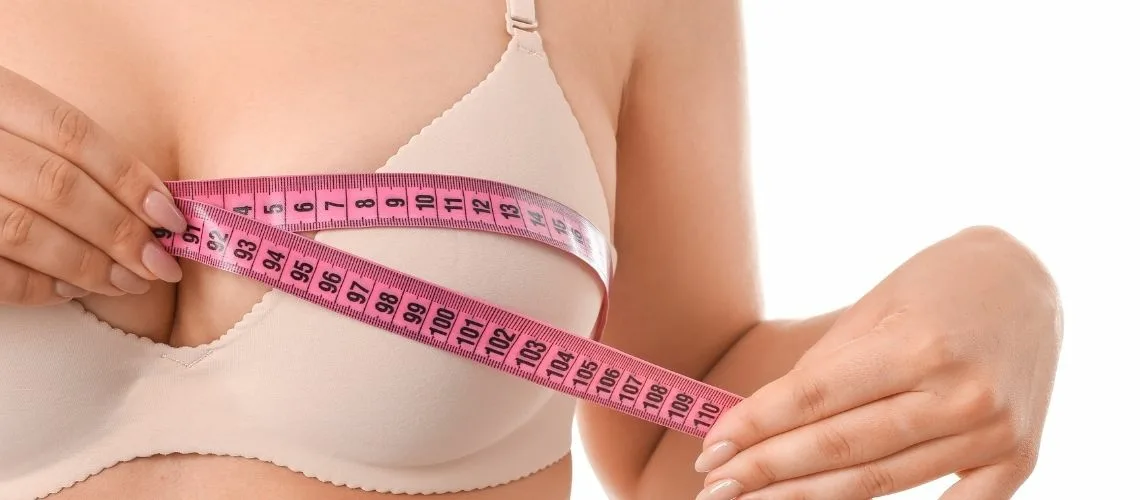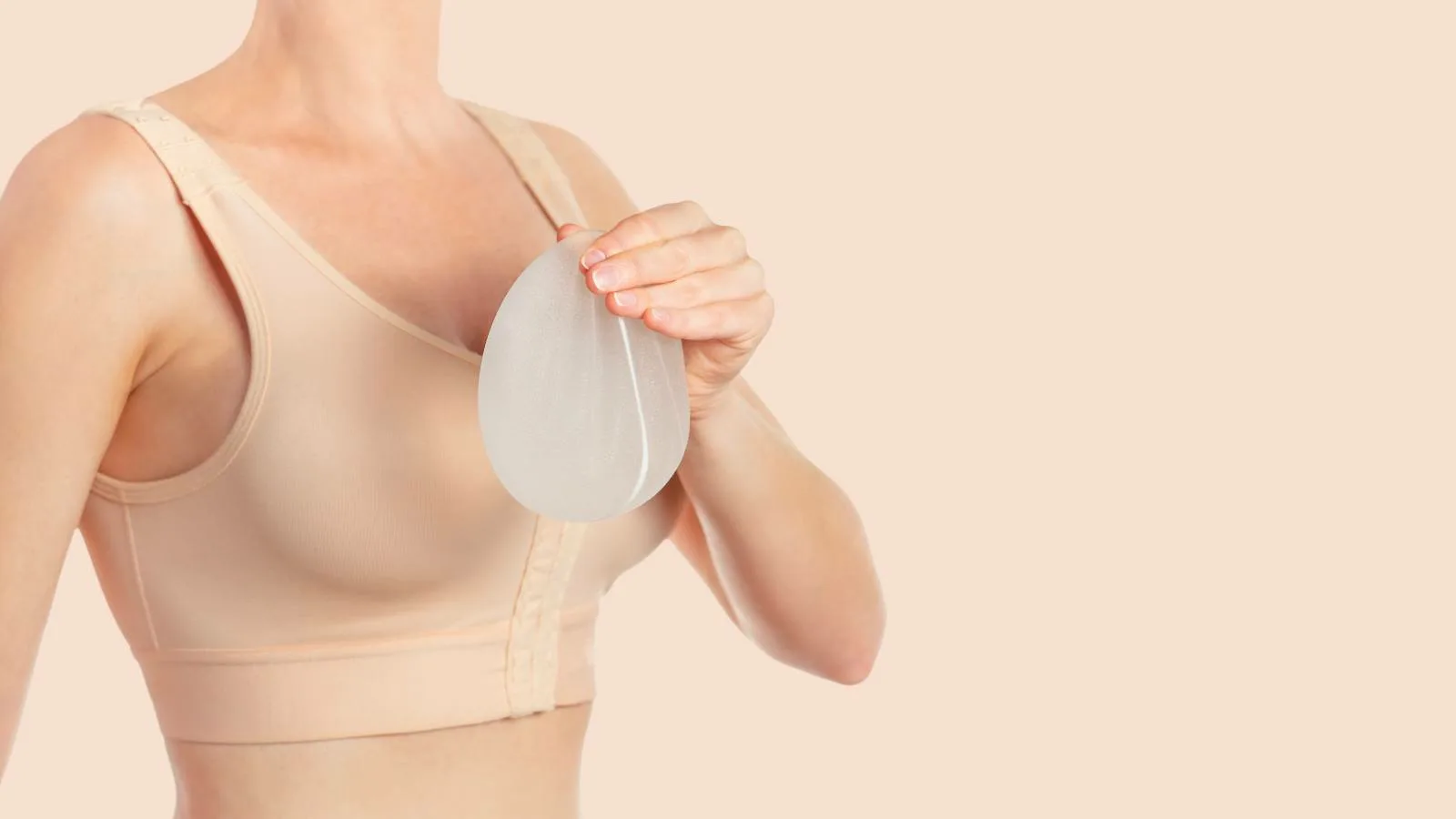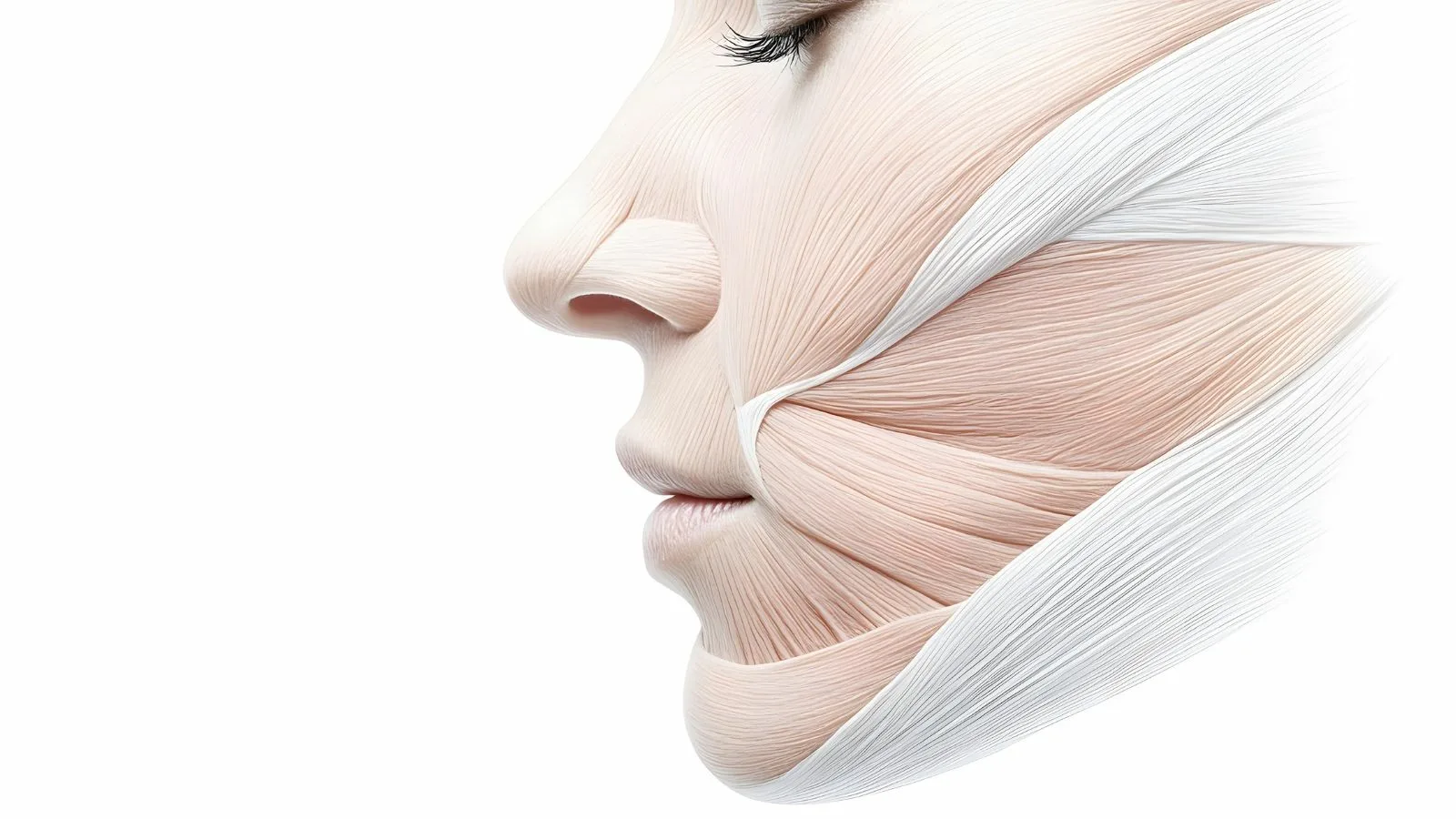Preoperative tests are tailored to the patient’s overall health status, age, and the planned surgical procedure. These basic health checks generally include blood count (hemogram), blood glucose, coagulation values, and blood tests that measure kidney and liver function. Depending on risk factors, an electrocardiogram (ECG) may be requested to assess heart health. In addition, mammography or ultrasound before breast aesthetics and a pregnancy test for all women of childbearing age are among the standard evaluations. This preparation ensures that the process proceeds with the highest safety standards.
Why Is the Preoperative Preparation Process Much More Than a “Checklist”?
Perhaps one of the most common misconceptions is viewing the preoperative period as a simple “to-do list.” “Blood will be drawn, an ECG will be performed, the anesthesiologist will see me, done.” Yet modern medicine has clearly shown how incomplete and old-fashioned this approach is. In the past, a pile of tests used to be requested routinely from every surgical patient. However, we now know that this “one-size-fits-all” approach causes more confusion than benefit. When numerous random tests are ordered from a healthy person, it is statistically quite likely that at least one or a few results will fall slightly outside the reference range. This usually does not indicate a disease, but it can cause unnecessary anxiety and trigger a series of annoying steps such as additional tests, consultations, and even postponement of surgery.
Therefore, today’s approach is similar to the checks a pilot performs before a flight. The pilot meticulously inspects every part of the aircraft before each flight. This is not a formality; it is the guarantee of a safe journey. Preoperative evaluation is exactly this. Rather than inundating you with a barrage of tests, it is a smart and targeted preparation process focused on your personal health status and the features of the planned surgery. The main goals of this process can be summarized under three headings.
- Anticipating all potential risks associated with surgery and anesthesia and reducing them to the lowest level.
- If present, optimizing manageable health issues (such as high blood pressure or blood sugar imbalance) to the ideal state before surgery.
- Preparing your body in the best possible way for this process to help you get through the postoperative period smoothly and return to your desired daily life quickly and healthily.
In short, this process is much more than obtaining a “permit.” It is the beginning of a health journey established between you and your surgeon to achieve the safest and best outcome.
Why Is Your Consultation with Your Doctor the Most Important Test?
If anything is more valuable than technological tests and imaging methods, it is the sincere and detailed conversation you will have with your doctor. This discussion draws the roadmap for the entire preparation process and is the most powerful tool for determining which tests are truly necessary. The topics laid out during this critical conversation include:
Your Medical History
All past or ongoing health conditions are discussed in detail. Some conditions are especially important for anesthesia and the surgical process.
- High blood pressure (Hypertension)
- Heart diseases (Coronary artery disease, heart failure, arrhythmias)
- Diabetes
- Respiratory conditions such as asthma or COPD
- Obstructive sleep apnea
- Kidney or liver disorders
- Thyroid diseases
- Reflux
- Your Medications and Supplements
This topic is vital in aesthetic surgery and is often the most overlooked. Not only your prescription medications but also seemingly harmless vitamins, herbal teas, and supplements can directly affect your surgery. It is very important to provide your doctor with a complete list. There are some common products in the preoperative period that can increase bleeding risk or interact with anesthesia. You should definitely discuss the use of these products with your doctor. Some to watch out for include:
- Aspirin
- Blood thinners such as Coumadin, Xarelto, Pradaxa
- Ibuprofen (Advil, Nurofen)
- Naproxen (Apranax, Aleve)
- Flaxseed
- Fish oil (Omega-3)
- Vitamin E
- Ginseng
- Ginkgo biloba
- Garlic tablets
- St. John’s Wort
- Green tea (heavy consumption or extracts)
- Some weight-loss medications and herbal teas
Patients often forget to mention these because they don’t see them as “medications.” For this reason, your surgeon will actively ask you about these products one by one.
- Allergies and Your Anesthesia Experiences
Any previous surgeries and especially any adverse experiences with anesthesia (personal or in a family member) are very important. This helps us understand whether you may have a predisposition to rare but serious anesthesia reactions, such as malignant hyperthermia. Likewise, reporting all your allergies—to any medication, latex, or even to something like an adhesive bandage—is critical for your safety during surgery.
- Your Lifestyle Habits
Answering questions about the use of tobacco, alcohol, and other recreational substances honestly is one of the most important steps you can take for your own health. Smoking is one of the greatest enemies of wound healing and dramatically increases the risk of tissue loss (necrosis), particularly in procedures where large areas of skin are elevated, such as abdominoplasty and facelift. Chronic alcohol use can affect liver functions and anesthetic requirements.
What Is Assessed During the Physical Examination?
This examination is performed to confirm the information obtained during the consultation, to reveal new findings, and to finalize the surgical plan. It is not a head-to-toe checkup but a focused evaluation related to the planned surgery and anesthesia safety.
The following are essentially evaluated in this examination.
- Vital Signs: Basic measurements such as your blood pressure, heart rate and rhythm, and respiratory rate are recorded. Especially uncontrolled high blood pressure must be brought to ideal levels by an internist or cardiologist before an elective (non-emergency) surgery.
- Heart and Lung Examination: Your doctor listens to your heart and lungs with a stethoscope. This simple exam can detect abnormal sounds (murmur, wheeze, rales, etc.) that may indicate an underlying valvular problem, arrhythmia, or a lung infection.
- Airway Assessment: This is one of the most important checks performed by the anesthesiologist. The anesthesiologist is responsible for ensuring that you breathe safely during surgery. In this exam, your jaw structure, neck mobility, and oral anatomy are examined to predict how easy it will be to secure your airway during anesthesia (mask ventilation or placing a breathing tube). This allows the anesthesia plan to be made in the safest way.
- Procedure-Specific Examination: Your surgeon examines the area to be operated on in detail. For example, for a facelift, facial anatomy, skin quality, and degree of sagging; for breast augmentation, the current volume of breast tissue and chest wall structure; for abdominoplasty, the laxity of the abdominal wall muscles and the amount of excess skin are carefully evaluated.
Which Blood Tests Are Performed to Obtain “Fit for Surgery” Clearance?
This is perhaps the most frequently asked topic. But the most important thing you need to know is that there is no such thing as a “single test panel” that fits everyone. Which tests are ordered depends entirely on your age, overall health, medications you use, and the extent of the planned surgery.
- Complete Blood Count (Hemogram): The main purpose of this test is to count the red and white blood cells and platelets involved in clotting. It is especially important to determine whether there is anemia. Anemia reduces the body’s oxygen-carrying capacity and can increase postoperative fatigue. This test is requested particularly before surgeries where blood loss may be higher (such as abdominoplasty) or if anemia is suspected.
- Coagulation Tests (PT, aPTT): These tests measure how long it takes your blood to clot. They are not routine tests for everyone. They are ordered only if you have a personal or family history of a bleeding disorder, severe liver disease, or if you use blood thinners like Coumadin. Screening healthy individuals has not been shown to offer meaningful benefit.
- Biochemistry Tests (Kidney, Liver, Electrolytes): These tests provide critical information about the body’s general metabolism. The kidneys (creatinine, urea) and the liver play key roles in eliminating drugs used during anesthesia. Weakness in the function of these organs may require adjusting medication doses. In addition, the balance of electrolytes such as potassium is vital for heart rhythm. These tests are generally requested from patients of advanced age, those with known illnesses, or those using certain medications.
- Blood Sugar (Glucose and HbA1c): Poorly controlled blood sugar is one of the most important and modifiable risk factors in aesthetic surgery. High blood sugar (hyperglycemia) weakens the body’s defense mechanisms and significantly increases the risk of infection and wound-healing problems. Therefore, for all patients with known diabetes, tests—usually including HbA1c, which reflects the last 3-month average—are requested to see how well blood sugar is controlled. Screening is also strongly recommended for those who have not previously been diagnosed with diabetes but have risk factors, as well as all patients over 45.
Which Tests Might Be Needed for Your Heart and Lungs?
The heart and lungs are the organs most affected by anesthesia and surgical stress. Therefore, assessing their health status is very important.
- ECG (Electrocardiogram): A simple, painless test that records the heart’s electrical activity to detect arrhythmias, possible narrowing in coronary arteries, or a silent past heart attack. While scientific guidelines state that routine ECG is not necessary for a young, healthy individual undergoing a low-risk surgery, many hospitals and anesthesia clinics tend to request an ECG from everyone aged 45 or 50 and above—especially for surgeries like facelifts, which are often performed at more advanced ages. If you have known heart disease or high blood pressure, this test is standard regardless of age.
- Chest X-ray: A chest X-ray is not a routinely requested test. It may be requested only if you have new or worsening respiratory complaints (shortness of breath, productive cough, etc.), if you are a heavy smoker, or if you have known serious heart or lung disease.
- Advanced Cardiac Tests: Very rarely, in patients with suspicious findings on ECG or examination, or those at high risk of serious heart disease, further tests (such as a stress test or echocardiography) may be requested by a cardiologist. This does not apply to the vast majority of aesthetic surgery patients.
Why Is a Pregnancy Test Requested from All Women?
This is a standard and indispensable safety precaution for all women of childbearing age. Surgery and anesthesia can pose risks to an unrecognized fetus, especially in the first months of pregnancy. Therefore, to eliminate even the smallest possible risk, your pregnancy status is checked with a simple blood or urine test when you arrive at the hospital on the day of surgery. A positive result requires postponing the elective procedure for the health of you and your baby.
What Should You Do to Ensure Surgical Success?
The success of surgery is not solely dependent on the surgeon’s technical skill. It is a team effort, and you are the most important player on this team. The care you show in the preoperative period directly affects the quality of the results.
Smoking: The Greatest Enemy of Aesthetic Surgery
No matter how much we emphasize this, it is not enough. If you smoke, the first and most important thing you should do before even considering an aesthetic operation is to quit. Nicotine intensely constricts the tiniest capillaries that carry blood to your skin, reducing blood flow. Especially in surgeries where tissue perfusion is critical—such as facelift, abdominoplasty, and breast lift—this can lead to serious complications:
- Delayed wound healing
- Wound dehiscence (stitches opening)
- Increased risk of infection
- Permanent damage or loss of tissues such as skin or the nipple (necrosis)
For this reason, all nicotine products (cigarettes, e-cigarettes, cigars, nicotine patches/gum) must be completely stopped at least 4–6 weeks before and 4–6 weeks after surgery. Failure to comply with this rule can lead not only to poor outcomes but also to the complete cancellation of your surgery.
Your Nutrition
Your body needs the right fuel to heal after surgery. This fuel comes from healthy and balanced nutrition. Paying special attention to your diet in the weeks before surgery supports your recovery process.
- Eggs
- Lean protein sources such as chicken, fish, and red meat
- Probiotics such as yogurt and kefir
- Legumes such as lentils and chickpeas
- Plenty of fresh, colorful vegetables
- Fruits
- Plenty of water intake
- Psychological Preparation
In aesthetic surgery, satisfaction is at least as important a goal as safety. Therefore, mental preparation plays a critical role, just like physical preparation. It is important to be honest with yourself before surgery. Consider why you want the operation and how realistic your expectations are. Knowing that recovery takes time, that swelling and bruising in the first days are normal, and that reaching the final result can take weeks—or sometimes months—reduces stress and turns the process into a more positive experience.
Are Extra Preparations Needed for Your Specific Surgery?
Yes, while general principles remain the same, each operation has its own focal points and specific preparations required:
What Are the Priority Checks for Facelift Surgery?
Facelift patients are generally middle-aged or older. In this age group, unrecognized hypertension or heart problems may be more common. Therefore, assessing cardiac health before this surgery is particularly important. Obtaining clearance from an internist or cardiologist and performing an ECG are standard practices.
What Should Be Considered for Abdominoplasty?
Because abdominoplasty involves a larger surgical field, it may carry some risks slightly more than other procedures. Measures are taken particularly against the risk of venous thromboembolism (VTE). Body Mass Index (BMI) and smoking are the most important risk factors. Smoking is absolutely unacceptable in this operation because it impairs blood supply to the abdominal skin and can cause serious wound problems.
Which Imaging Test Is Important for Breast Surgeries?
For patients planning breast aesthetic surgeries such as augmentation, reduction, or lift—especially those over 35–40 or with a family history of breast cancer—preoperative breast ultrasound and/or mammography are the gold standard. There are two purposes for this. First, to rule out any unnoticed suspicious lesion in the breast before an aesthetic procedure. Second, to create a new baseline image for future follow-ups of the changed breast tissue after surgery.
What Evaluations Are Performed for Rhinoplasty?
Assessment in rhinoplasty is not limited to the external appearance of the nose. The breathing function is at least as important as aesthetics. Therefore, a detailed intranasal examination is performed to carefully evaluate issues such as septal deviation (bone/cartilage curvature) or turbinate hypertrophy (enlarged nasal turbinates) that make breathing difficult. In cases of severe breathing problems or a history of nasal trauma, a sinus CT scan may sometimes be requested.
What Should I Pay Attention to on the Morning of Surgery?
Now the big day has arrived. Final preparations are vital for anesthesia safety.
- Fasting Rule: This is the most critical and non-negotiable rule for anesthesia safety. You must not eat or drink anything after midnight before surgery. This includes water, coffee, tea, gum, and mints. A full stomach poses a life-threatening risk of stomach contents entering the lungs at the induction of anesthesia. Failure to follow this rule will result in postponement of your surgery.
- Personal Hygiene: Showering the night before and the morning of surgery with an antibacterial soap recommended by your surgeon reduces the amount of bacteria on your skin and lowers the risk of infection.
- Clothing and Accessories: Wear comfortable, loose, front-buttoned or zippered clothing to the hospital. There should be no metal (jewelry, piercings), makeup, nail polish, or contact lenses on you when entering surgery.
- Escort: It is mandatory to have a responsible companion who will bring you to and from the hospital and accompany you at home for the first 24 hours after surgery.
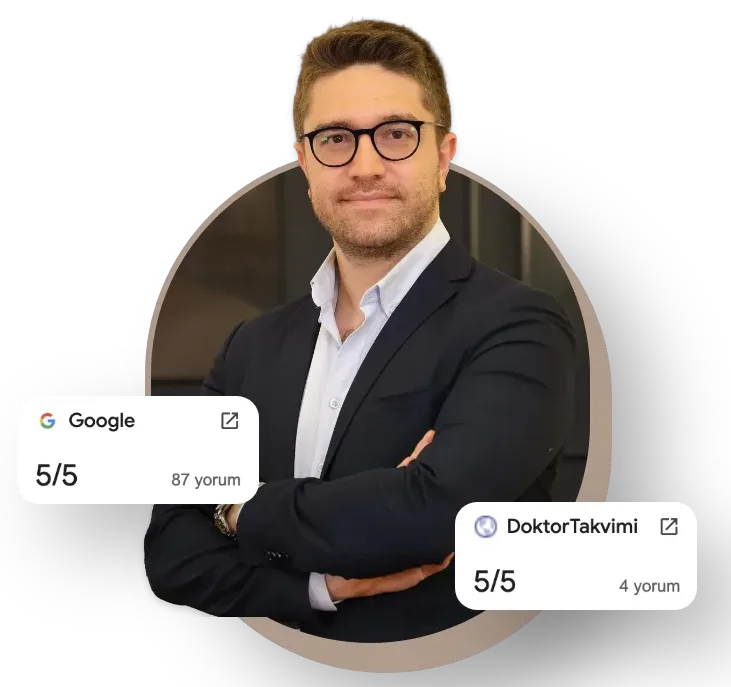
Op. Dr. Erman Ak is an internationally experienced specialist known for facial, breast, and body contouring surgeries in the field of aesthetic surgery. With his natural result–oriented surgical philosophy, modern techniques, and artistic vision, he is among the leading names in aesthetic surgery in Türkiye. A graduate of Hacettepe University Faculty of Medicine, Dr. Ak completed his residency at the Istanbul University Çapa Faculty of Medicine, Department of Plastic, Reconstructive and Aesthetic Surgery.
During his training, he received advanced microsurgery education from Prof. Dr. Fu Chan Wei at the Taiwan Chang Gung Memorial Hospital and was awarded the European Aesthetic Plastic Surgery Qualification by the European Board of Plastic Surgery (EBOPRAS). He also conducted advanced studies on facial and breast aesthetics as an ISAPS fellow at the Villa Bella Clinic (Italy) with Prof. Dr. Giovanni and Chiara Botti.
Op. Dr. Erman Ak approaches aesthetic surgery as a personalized art, tailoring each patient’s treatment according to facial proportions, skin structure, and natural aesthetic harmony. His expertise includes deep-plane face and neck lift, lip lift, buccal fat removal (bichectomy), breast augmentation and lifting, abdominoplasty, liposuction, BBL, and mommy makeover. He currently provides safe, natural, and holistic aesthetic treatments using modern techniques in his private clinic in Istanbul.

